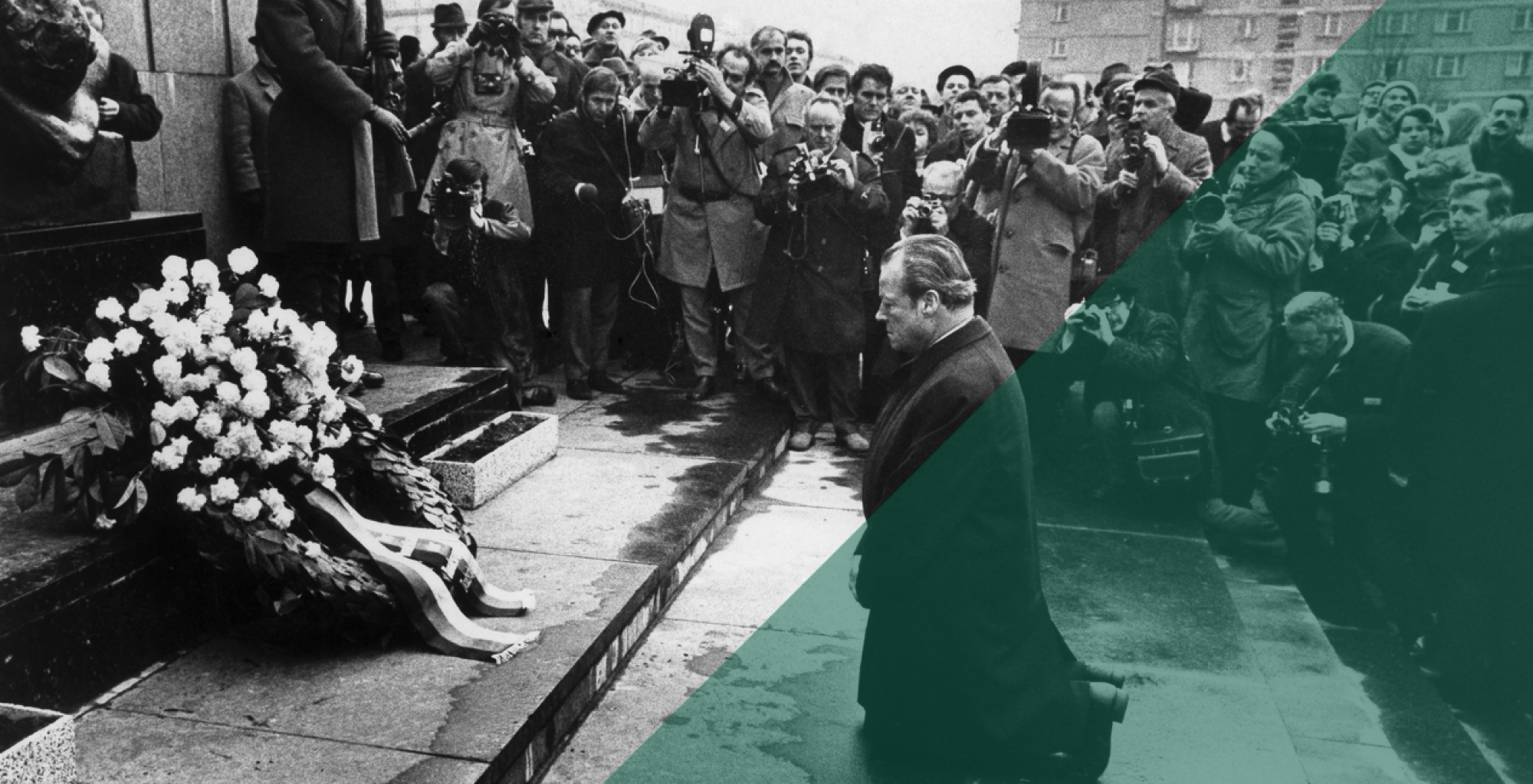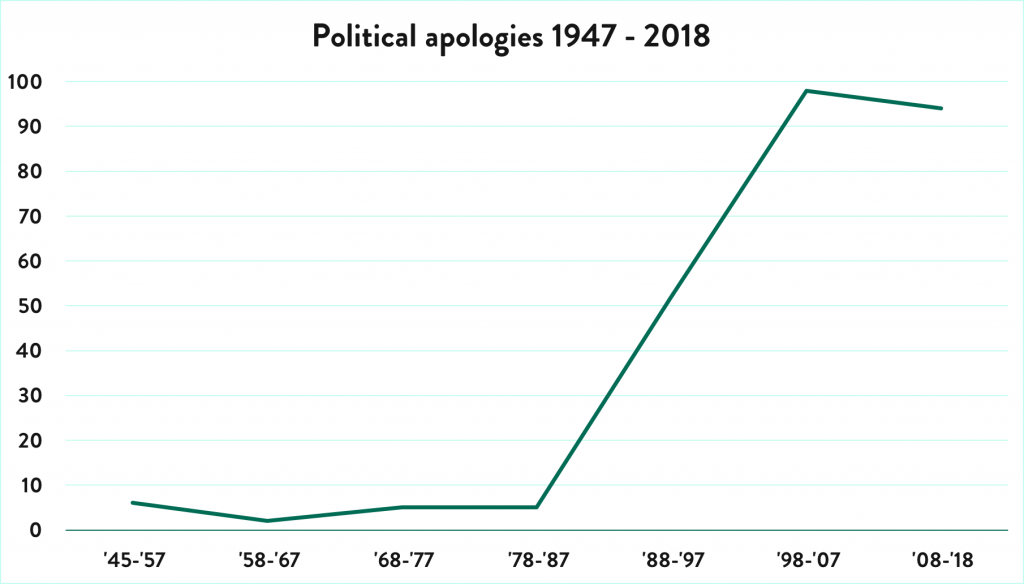Canadian Prime Minister Justin Trudeau has apologized on November 9, 2018 in Ottowa for the decision of the Canadian Government in 1939 to turn away the M.S. St. Louis, an ocean liner carrying more than 900 Jewish refugees fleeing Nazi Germany. Many ended in concentration camps; 254 were killed in the Holocaust. Trudeau met the only surviving Canadian passenger from the ship.
The apologies were long overdue, Trudeau stated: ‘We used our laws to mask our anti-Semitism, our antipathy, our resentment. We are sorry for the callousness of Canada’s response. And we are sorry for not apologizing sooner.’ He spoke about the need to fight anti-semitism, ten days after a deadly shooting in a Pittsburgh synagogue.
Some critics, after four formal apologies since Trudeau’s election in 2015, have called ‘I’m sorry’ Canadian’s ‘second national anthem’ and wonder if the often used words are losing their meaning.



